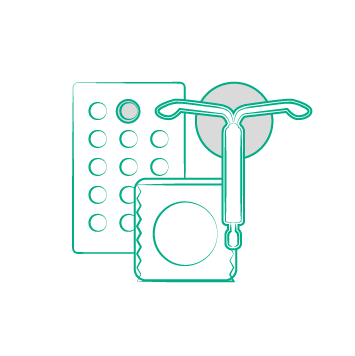
For over 60 years, FIGO has collaborated with the world's top health bodies to work towards the improvement of women's health globally.
FIGO is in official relations with the World Health Organization (WHO), and attending the 146th WHO Executive Board Meeting in Geneva.
For 65 years, FIGO has collaborated with the world's top health bodies to work towards the improvement of women's health and rights globally.
At the Nairobi Summit, we share our commitment to intensifying efforts for the full, effective and accelerated implementation and funding of the ICPD Programme of Action, Key Actions for the Further Implementation of the Programme of Action of the ICPD and Agenda 2030 for Sustainable Development.
Statement from the International Federation of Gynecology and Obstetrics (FIGO) on World Contraception Day 2017.
It is estimated that family planning alone has the potential to reduce maternal mortality globally by 30%. For far too many, access to contraception also means the difference between life and death. As many as 44,000 women die every year¹ from unsafe abortion complications in an attempt to end an unintended pregnancy.
World Contraception Day is held on 26 September every year, to raise awareness of the issue of contraception, and enabling all people to make informed choices on their sexual and reproductive health.
The International Federation of Gynecology and Obstetrics (FIGO) reaffirms its support for the highlighting of World Prematurity Day on 17 November 2015.
FIGO’s overall goal is to improve the health and wellbeing of women and newborn children worldwide. Therefore it is committed to the achievement of the new global Sustainable Development Goal (SDG) 3.2 that focuses on ending preventable deaths of newborns and children under five years of age.
International Federation of Gynecology and Obstetrics delivering innovative projects to save women’s lives around the world
One of the main priority areas for FIGO in its efforts to promote women’s health is maternal and newborn care. Prematurity constitutes a critical area of concern with regard to newborn, infant and child health.
*The magnitude of the problem is such that 15 million pre-term births occur every year (the number is rising); 60 per cent of pre-term births occur in sub-Saharan Africa and South Asia; and 75 per cent of deaths of premature babies could be prevented with feasible cost-effective care.
FIGO has issued a Joint Statement with the International Consortium for Emergency Contraception (ICEC) on Mechanism of Action.
How do levonorgestrel-only emergency contraceptive pills (LNG ECPs) prevent pregnancy?
Levonorgestrel-only emergency contraceptive pills: